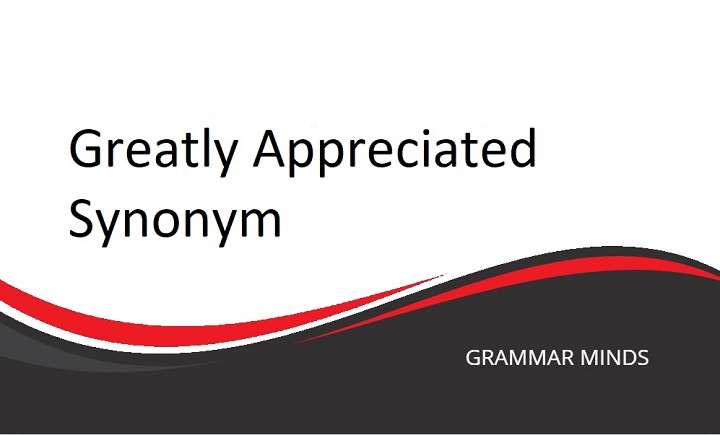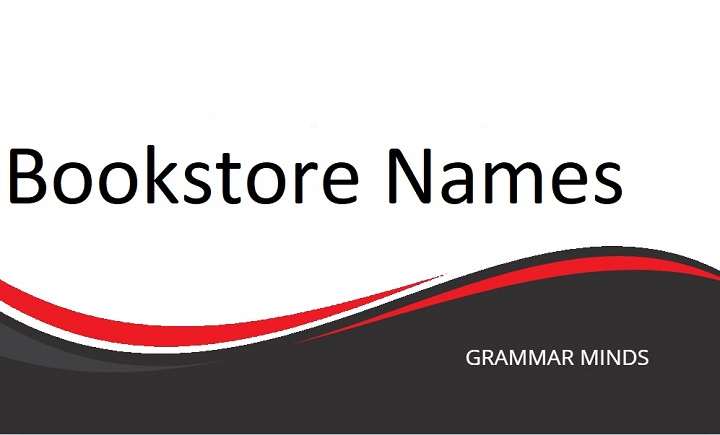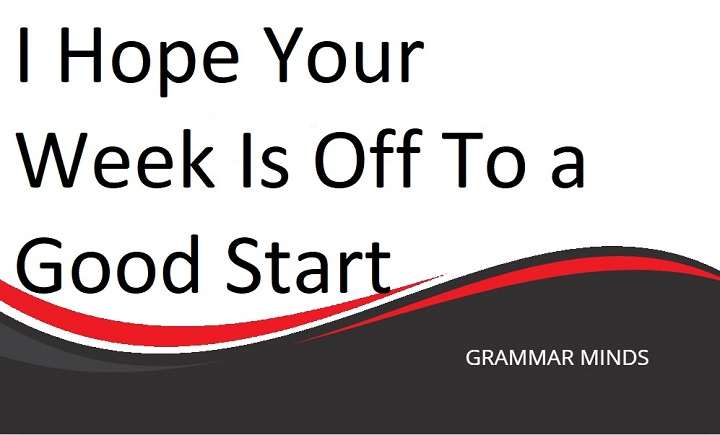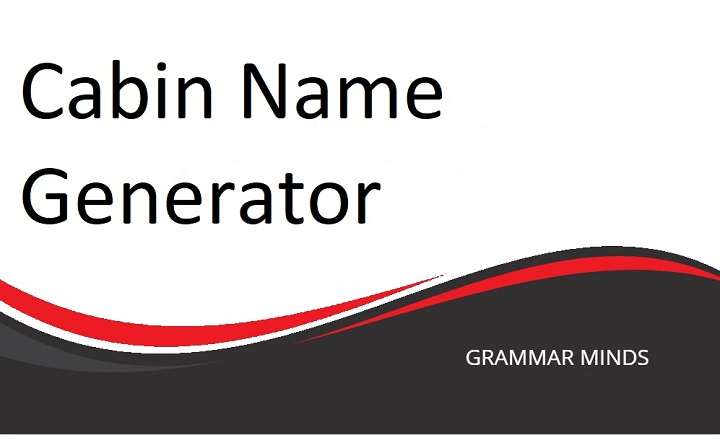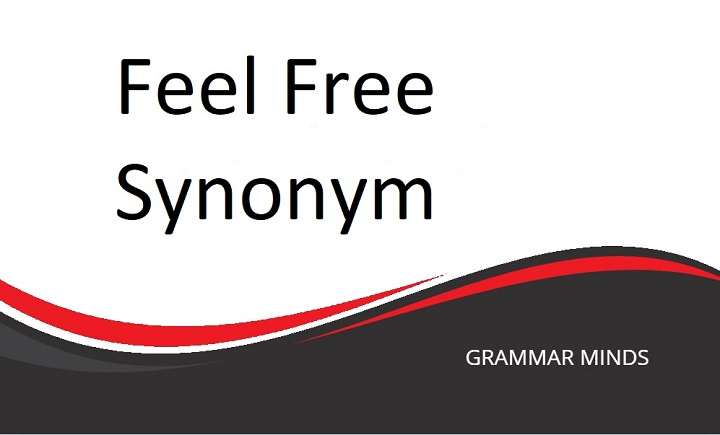Do you find yourself using the phrase “greatly appreciated” repeatedly? Have you grown tired of this repetitive expression when communicating in your professional or personal life? You’re not alone. While “greatly appreciated” is a polite and universally accepted phrase, it can become overused and lose its impact over time. Whether you’re sending emails, having conversations with colleagues, or talking to friends, repeating the same expression can make your communication seem monotonous.
But don’t worry! We’ve compiled a handy list of alternative phrases that you can use to mix things up and sound more varied in your conversations. These synonyms will help you add a fresh twist to your communication, all while maintaining professionalism or casual politeness.
Other Ways to Say “Greatly Appreciated”
When you’re looking for alternative phrases to replace “greatly appreciated,” consider these 10 options. Each one works in different situations, helping you tailor your communication to be more precise and engaging.
- Much Obliged
- Deeply Grateful
- Highly Valued
- Sincerely Thankful
- Immense Gratitude
- Profoundly Appreciative
- Truly Grateful
- Extremely Thankful
- Forever Grateful
- Endlessly Appreciative
Key Notes
The phrase “greatly appreciated” is grammatically correct and suitable for both formal and informal situations. However, it can sometimes feel a bit basic and overused, especially in more formal communications.
- You can use “Much Obliged” for formal settings, especially in emails or meetings.
- “Deeply Grateful” is an excellent alternative for formal or semi-formal contexts, especially when you want to express more heartfelt thanks.
- “Highly Valued” works in both casual and formal settings, depending on the context of your conversation or message.
Keep reading to discover how to use these phrases effectively in both professional and personal situations. You’ll also see real-life examples of how each phrase can be applied.
Much Obliged
Usage: If you’re looking for a more formal and classic way to say “greatly appreciated,” try using “much obliged.” This phrase carries a sense of deep gratitude and formality, making it ideal for professional environments such as work emails, business meetings, or correspondence with clients.
Example (in an email):
Dear Mr. Anderson,
Thank you for your prompt assistance with the report. Your efforts are much obliged, and I look forward to reviewing the final document.
Best regards,
Jane Doe
When to Use It: “Much Obliged” is great for situations that require a formal tone, especially in corporate or business settings. It’s a polite phrase that conveys sincere gratitude without being too casual.
Deeply Grateful
Usage: A more emotionally charged alternative to “greatly appreciated” is “deeply grateful.” This phrase works well when you want to express heartfelt thanks, whether in professional emails or more personal interactions. It’s versatile and can be used for both formal and informal situations.
Example (in conversation):
Hey Sarah,
Thank you so much for helping me with the project this weekend. I’m deeply grateful, and I couldn’t have done it without you!
When to Use It: Use “deeply grateful” when you want to add warmth to your message. It’s perfect for situations where you feel strong gratitude, and it’s a bit more emotional than “greatly appreciated.” This can be used in both personal and professional contexts.
Highly Valued
Usage: “Highly valued” is a great synonym for “greatly appreciated,” particularly in professional contexts. It conveys that someone’s contribution or assistance is important and significant. This phrase is especially useful when acknowledging a team member’s efforts or discussing a project’s success.
Example (in a meeting):
The hard work you put into this project is highly valued by both the leadership team and myself. It was essential to the success of the presentation.
When to Use It: This phrase works well in both formal and semi-formal settings, such as team meetings, emails to colleagues, or even customer communications. It’s a thoughtful way to show someone that their contributions are not just acknowledged, but important.
Sincerely Thankful
Usage: If you’re aiming to express a more personal and sincere sentiment, “sincerely thankful” is an excellent alternative. It’s less formal than “much obliged” but still works well in professional settings, especially if you’re communicating with colleagues or superiors.
Example (in an email):
Dear Sarah,
Thank you for stepping in at the last minute to assist with the event. I’m sincerely thankful for your time and effort.
Best regards,
John
When to Use It: “Sincerely thankful” is great for semi-formal and casual settings. It adds a personal touch and can be used in emails, thank-you cards, or face-to-face conversations.
Immense Gratitude
Usage: For situations where you need to convey a stronger sense of appreciation, “immense gratitude” fits perfectly. It carries a weightier feeling than “greatly appreciated” and is often used in formal writing or situations where the favor or contribution was particularly significant.
Example (in conversation):
I wanted to express my immense gratitude for your support during this challenging time. Your guidance made all the difference.
When to Use It: Use “immense gratitude” when the favor or act of kindness was substantial. It’s an excellent phrase for formal thank-you notes, speeches, or significant moments of acknowledgment.
Profoundly Appreciative
Usage: If you want to elevate the formality of your thank-you message, “profoundly appreciative” is an ideal substitute. This phrase sounds more sophisticated and is great for situations where you need to sound highly professional or authoritative.
Example (in an email):
Dear Mr. Lee,
I am profoundly appreciative of the time and energy you’ve dedicated to this project. Your expertise has been invaluable.
Best regards,
Emily Carter
When to Use It: “Profoundly appreciative” is best reserved for formal settings, such as professional emails, public acknowledgments, or official letters of thanks.
Truly Grateful
Usage: “Truly grateful” is a versatile phrase that can be used in nearly any situation, whether it’s formal or informal. It’s slightly more emotional than “greatly appreciated,” but still professional enough for business correspondence.
Example (in conversation):
I’m truly grateful for your help with the presentation today. It turned out better than I expected, thanks to your input.
When to Use It: This phrase works well for everyday conversations and more casual business emails. It’s simple but heartfelt, making it appropriate for both formal and informal settings.
Extremely Thankful
Usage: “Extremely thankful” is another casual alternative to “greatly appreciated,” and it works well in both written and spoken communication. It’s a bit more laid-back but still conveys a sense of deep appreciation.
Example (in an email):
Dear Mark,
I’m extremely thankful for the time you took to review my proposal. Your feedback was invaluable.
Best regards,
Anna
When to Use It: Use “extremely thankful” in casual to semi-formal settings. It’s friendly but professional enough for workplace communications.
Forever Grateful
Usage: “Forever grateful” is a heartfelt, informal alternative to “greatly appreciated.” It conveys a deep sense of appreciation and works well in situations where the help or favor received was particularly significant.
Example (in conversation):
I’ll be forever grateful for your support during the last few months. You’ve really helped me through some tough times.
When to Use It: This phrase is best for informal, personal conversations or notes where you want to express long-lasting gratitude.
Endlessly Appreciative
Usage: “Endlessly appreciative” conveys a sense of unending gratitude, making it a strong alternative to “greatly appreciated.” It’s ideal for situations where the support or assistance you received was exceptional.
Example (in a thank-you note):
Your mentorship has been invaluable, and I am endlessly appreciative of your guidance and support over the years.
When to Use It: This phrase works well in formal or informal settings, especially when expressing long-term gratitude.
Is It Correct to Say “Greatly Appreciated”?
Yes! “Greatly appreciated” is grammatically correct and suitable for both formal and informal settings. It’s a versatile phrase that can be used in professional emails, conversations with colleagues, or casual chats with friends. However, using synonyms like the ones we’ve listed above will help you mix up your language and sound more varied in your communication.
You can also try slight variations of this phrase, such as:
- “Deeply appreciated”
- “Genuinely appreciated”
- “Much appreciated”
Also Read
10 Professional Ways to Wish Someone Good Luck
In conclusion, “greatly appreciated” is a perfectly acceptable and grammatically correct phrase, whether you’re using it in a formal or informal setting. However, the alternative phrases provided in this article will help you diversify your vocabulary and communicate more effectively in different contexts. By using synonyms like “much obliged,” “deeply grateful,” or “forever grateful,” you’ll be able to express your thanks in a way that feels fresh and thoughtful, no matter the situation.

